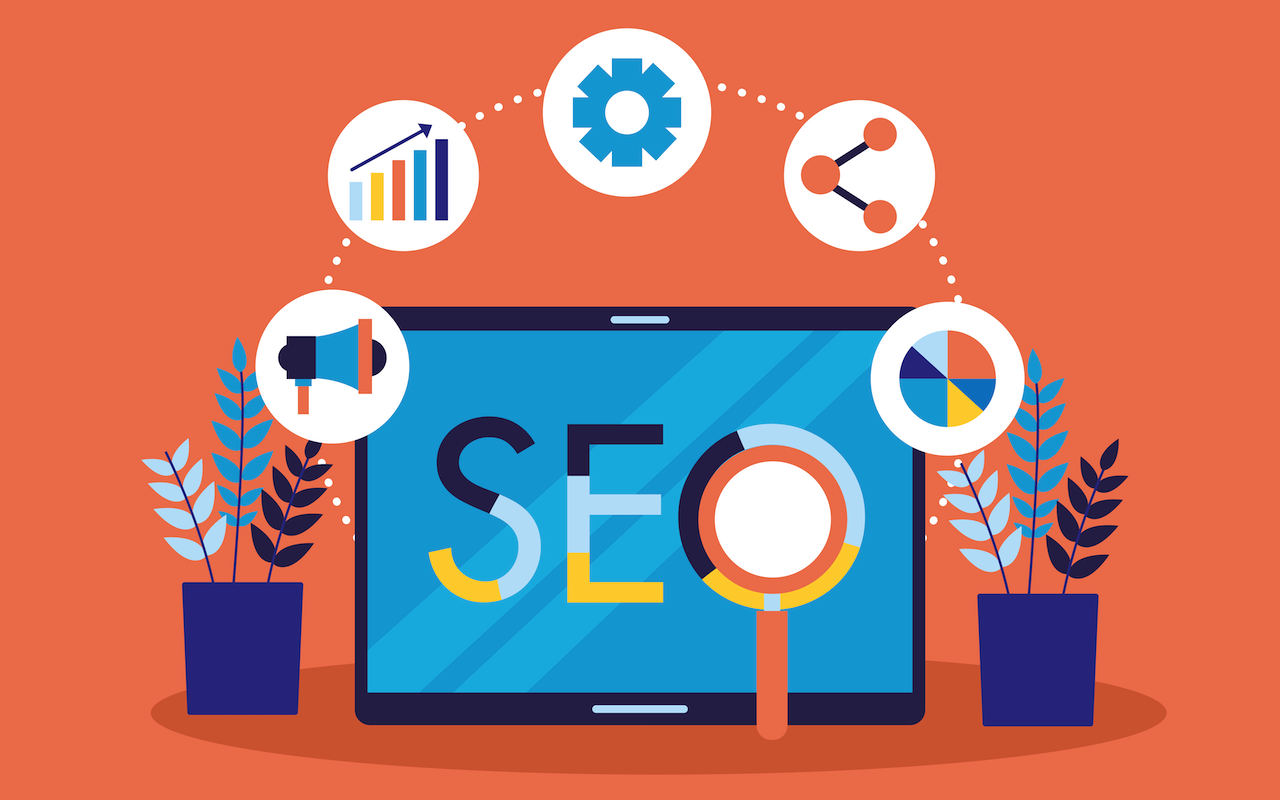
Search Engine Optimization (SEO) has never been easy, but the challenge has only grown more complex in 2025. Search engines are becoming smarter, users more demanding, and competition fiercer across industries. While the fundamentals of SEO—relevant content, a strong technical foundation, and quality backlinks—remain essential, the way enterprises and small businesses approach SEO differs significantly. The key to winning the search game in 2025 is understanding these differences.
The Core Differences Between Enterprise and Small-Business SEO
At its core, SEO has the same goal: increasing visibility in search engines to attract qualified traffic. However, the strategies differ greatly depending on the size of the business, the resources available, and its objectives.
- Scale of Operation: Enterprises often manage thousands of pages across multiple areas, while small businesses typically run a handful of pages. This drastically changes how they handle content updates, keyword audits, and site management.
- Resources: Enterprises benefit from larger budgets, specialized SEO teams, and investments in paid search, content, and analytics. Small businesses, on the other hand, often rely on a single marketer—or even the owner—wearing multiple hats.
- Competition: Large companies compete for visibility at national or international levels, whereas small businesses usually focus on local or niche markets.
These differences create very different challenges and opportunities in 2025.
SEO for Enterprises in 2025
Large organizations face more complexity than scarcity. Their greatest challenge lies in achieving efficiency and consistency within vast digital ecosystems.
1. Managing Scale
Enterprise websites often contain tens of thousands of product or service pages. Automation and powerful SEO tools are essential to ensure pages are fast, mobile-friendly, well-structured, and indexable. By 2025, AI-powered tools are widely used for crawling, auditing, and delivering real-time optimization recommendations.
2. Advanced Technical SEO
Core Web Vitals, structured snippets, and voice-search readiness are top priorities. Enterprises must invest in robust site architecture, schema markup for product listings, and multilingual international SEO. A single technical misconfiguration can cause massive visibility loss across thousands of pages.
3. Authority Building
Even well-known brands cannot rely solely on reputation. To outperform competitors, enterprises need continuous backlink strategies, digital PR efforts, and partnerships. By 2025, search engines demand topical authority across every content cluster.
4. Content at Scale
Personalized content experiences are no longer optional. Dynamic recommendations, localized landing pages, and automation support personalization at scale, but human oversight remains critical to ensure authenticity and brand alignment.
SEO for Small Businesses in 2025
Small businesses lack vast resources but excel in agility and authenticity. Smart prioritization and community-focused strategies drive their SEO success.
1. Local SEO as a Growth Engine
Local SEO is more powerful than ever with the rise of “near me” searches and voice queries. Optimizing Google Business Profiles, leveraging localized keywords, and cultivating customer reviews can boost both foot traffic and online conversions. In local map packs, small businesses can outperform even the biggest enterprises.
2. Niche Content and Authenticity
Small businesses thrive by dominating micro-niches that enterprises often overlook. In 2025, credibility and expertise are valued more than ever. A neighborhood bakery sharing video tutorials or a small law firm publishing detailed case studies can secure visibility in valuable niche searches.
3. Cost-Effective SEO Tools
With limited budgets, small businesses depend on free or low-cost SEO tools for keyword research, analytics, and testing. While they cannot match enterprise automation, they can adapt quickly with strategies like short-form video SEO and user-generated content.
4. Community and Reputation
For small businesses, reputation carries more weight than paid links or PR campaigns. Continuous positive reviews, active social media engagement, and collaboration with local influencers build trust with both customers and search engines.
What Both Enterprises and Small Businesses Must Do in 2025
Despite their differences, enterprises and small businesses share common SEO priorities in the current environment:
- AI Integration: AI supports keyword research, competitor analysis, and content optimization. The challenge lies in leveraging AI insights without sacrificing authenticity.
- Mobile-First Experiences: With most searches happening on mobile, businesses must ensure fast load times, responsive design, and smooth navigation.
- User Intent Alignment: Search engines increasingly reward sites that solve user problems directly. Both enterprises and small businesses must prioritize intentional, helpful content over keyword stuffing.
- Sustainability and Trust: Transparency, ethical practices, and social responsibility matter more than ever. Signals like user engagement, reviews, and backlinks contribute to both brand perception and rankings.
Choosing the Right SEO Path
So, what do you need to win the SEO game in 2025? The answer depends on who you are.
- Enterprises: Focus on scalable solutions, cross-department collaboration, and technical excellence. Use your resources strategically but remain consistent across all digital properties.
- Small Businesses: Prioritize agility, authenticity, and local dominance. Leverage your close customer relationships to excel in areas where larger competitors struggle.
Ultimately, success in 2025 is not defined by size; it’s defined by strategy. Enterprises and small businesses alike can thrive if they understand their strengths and adapt to the ever-changing search environment.
Featured Image by Freepik.
Share this post
Leave a comment
All comments are moderated. Spammy and bot submitted comments are deleted. Please submit the comments that are helpful to others, and we'll approve your comments. A comment that includes outbound link will only be approved if the content is relevant to the topic, and has some value to our readers.




Comments (0)
No comment